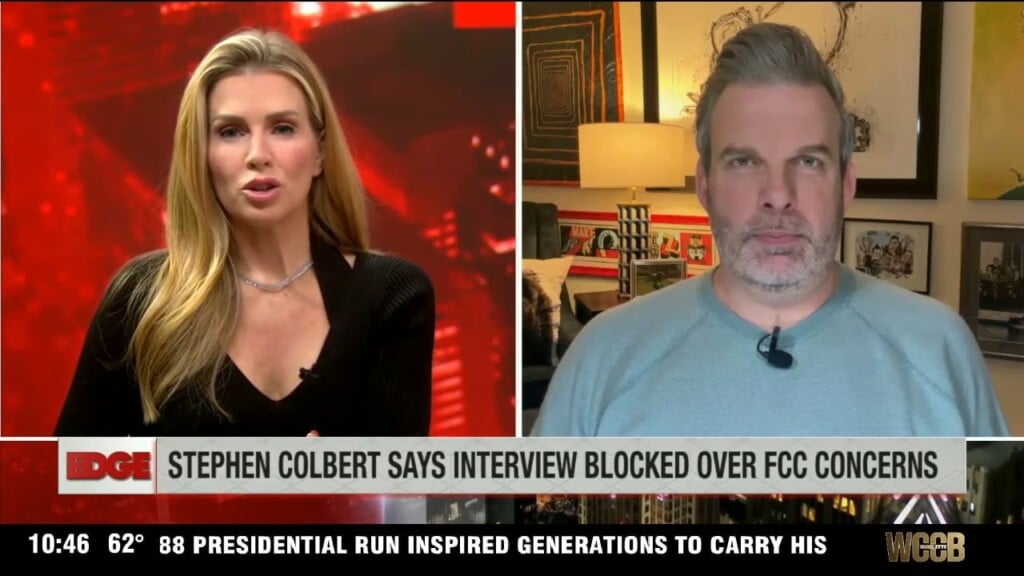The Latest (8/13/20):
North Carolina Gov. Roy Cooper said on Wednesday that he’s preparing to accept for the state extended unemployment benefits that President Donald Trump directed in an executive order, part of the continuing response to the COVID-19 economic downturn.
Cooper, a Democrat, told top Republican legislators of his plan the day after the GOP leaders asked him to act quickly to ensure North Carolina workers can get an additional maximum weekly benefit of at least $300.
Cooper said his administration has started the application to receive the payments, which are coming from federal disaster relief dollars. House Speaker Tim Moore and Senate leader Phil Berger said Tuesday they are prepared to authorize the state’s share of the costs when the General Assembly reconvenes in September.
Last weekend’s executive order came about as congressional Democrats and the Trump administration failed to reach a deal using traditional sources to replace $600-per-week federal pandemic payments that ended July 31.
Cooper made a point in his letter to blast state Republicans for lower state weekly benefits they approved years ago as part of an overhaul of the unemployment benefit system.
“Let me be clear. I refuse to let North Carolinians suffer because Congress and the president have been unable to get the job done and you have failed to help the unemployed,” Cooper wrote to Berger and Moore. A day earlier, Berger and Moore criticized Cooper because his office questioned spending disaster relief dollars on the benefits.
Cooper called on Congress and Trump to negotiate the reinstatement of the $600-per-week federal supplement. He also wants the GOP-controlled legislature to raise the weekly state benefit maximum from $350 per week to at least $500 and double the current 12-week state benefit period when it returns to Raleigh. The legislature failed to reach an agreement in the spring that would have raised the maximum state benefit by another $50 per week.
Berger spokesperson Pat Ryan suggested late Wednesday that Cooper’s demand for even higher benefits could cause a standoff in Raleigh that will lead to no extended benefits.
The governor “should focus on getting the federal supplement out the door instead of finding ways to avoid giving President Trump a win,” Ryan said in an emailed statement. Nothing in Wednesday’s letter directly described an all-or-nothing strategy by the governor, however.
Trump’s executive order requires the state to pay an amount equal to $100 per week per beneficiary in order to obtain the $300 in federal benefits.
The federal government’s guidance gives the states two options. They can provide an additional $100 in state benefits per recipient as the match, raising the total extended pandemic benefit to $400 per week. Or states can count existing state benefits toward their match, meaning the overall extra benefit could be as low as $300 a week.
Cooper’s letter seems to suggest the $400 option. He asked legislators to direct the matching amount be paid from the state’s unemployment benefit reserve fund, which currently has close to $3 billion.
The 2013 state unemployment overhaul helped eliminate debt owed to the federal government for benefits during the Great Recession. The state’s benefit reserve was up again to nearly $4 billion when a wave of job losses began in March.
The state Division of Employment Security says more than 1.2 million people have applied for benefits during the pandemic, with nearly $6.9 billion in federal and state benefits distributed so far.
Original Story (8/12/20):
RALEIGH, N.C. — North Carolina’s Republican legislative leaders asked Democratic Gov. Roy Cooper on Tuesday to get on board with extending unemployment benefits for workers displaced by the coronavirus pandemic that President Donald Trump has offered in an executive order.
House Speaker Tim Moore and Senate leader Phil Berger told Cooper that the General Assembly plans to approve the state dollars required to receive the partially extended benefits when it reconvenes in early September. But they noted that the process also requires the governor to submit an application to the Federal Emergency Management Agency.
The action could result in at least another $300 per week for workers, retroactive to Aug. 1, when the $600-per-week federal pandemic payments ended.
A Cooper spokesperson this week criticized Trump’s decision to use federal natural disaster funds to pay for the benefits, which the president turned to when congressional Democrats and his administration failed to reach a deal using traditional sources. Dory MacMillan said on Monday that it was a bad idea “especially when forecasters predict high hurricane activity” this year.
But Berger and Moore told Cooper that unemployment benefits are commonly offered by FEMA following disasters and have been accepted by the governor’s administration after previous hurricanes.
“That you would accept Disaster Unemployment Assistance in other disasters but object to similar assistance during this disaster only fuels concern that you may withhold $300 per week to the unemployed so as not to give President Trump credit,” Moore and Berger said in their letter.
The state would have to offer an amount equal to $100 per weekly benefit to receive the $300. Matching funds are accessible — North Carolina still has close to $3 billion in its unemployment benefit reserve after five months of massive distributions of state unemployment benefits. The state jobless rate neared 13% in the spring.
Cooper’s office didn’t immediately respond to an email requesting comment on the letter.
Berger and Moore’s offices wrote that Cooper should apply quickly to speed up the benefit process. By waiting too long, they said, the federal disaster relief account could fall below a monetary threshold that could shut off benefits.
Sen. Wiley Nickel, a Wake County Democrat, criticized legislative Republicans on Tuesday for failing to return to work this summer to raise the maximum unemployment state benefit above $350 per week. Nickel called Moore and Berger’s unemployment insurance policy “intentionally cruel” given the state’s reserves.
“We need to throw jobless workers a lifeline,” said Nickel, who sponsored legislation to raise the maximum state benefit to $450 per week. “North Carolinians are suffering and it’s our job to help them.”
More than 1.2 million people in North Carolina have applied for unemployment benefits since the pandemic began, according to the Division of Employment Security, with close to $6.9 billion in federal and state benefits paid.





